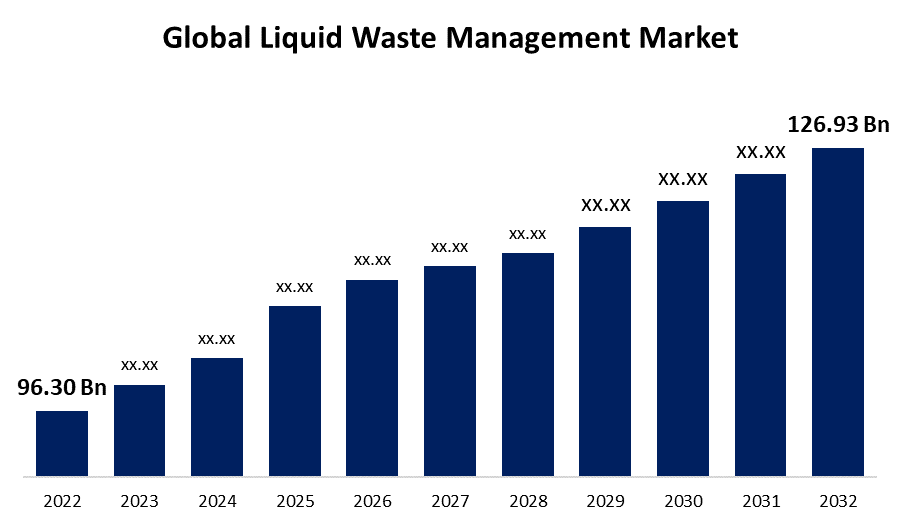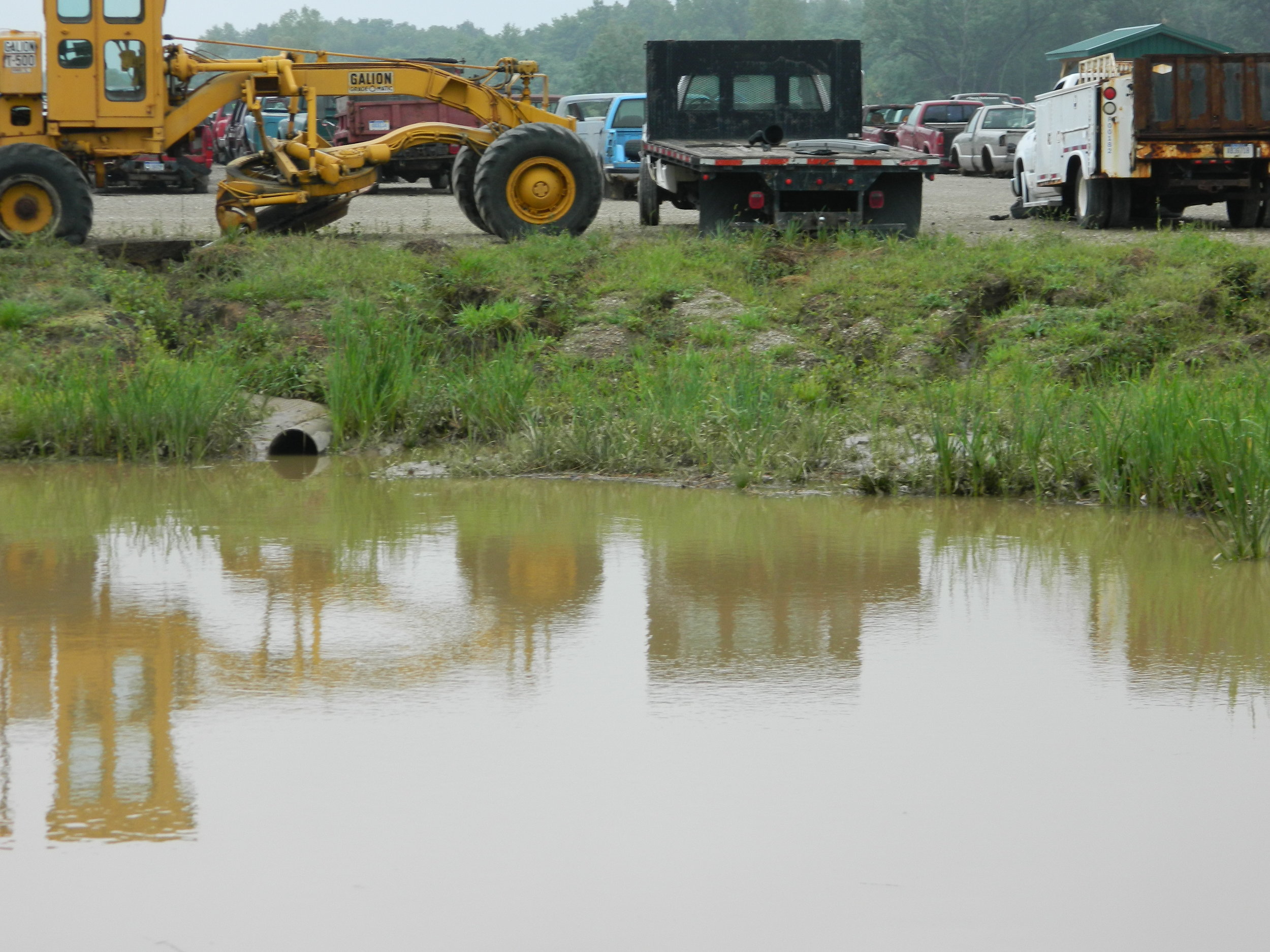Safe and Sustainable Liquid Waste Disposal: Your Go-To Service Provider
Safe and Sustainable Liquid Waste Disposal: Your Go-To Service Provider
Blog Article
Comprehending the Comprehensive Refine of Fluid Waste Disposal: Ideal Practices and Environmental Impact Considerations
The management of fluid waste disposal is a diverse issue that requires an extensive understanding of numerous best practices and their associated ecological influences. From the kinds of liquid waste produced to the techniques employed for collection, treatment, and final disposal, each action plays a vital function in guarding communities and public health.
Sorts Of Fluid Waste
Understanding the numerous kinds of liquid waste is necessary for effective administration and disposal techniques. Fluid waste can be broadly categorized right into a number of types, each calling for unique handling and therapy methods.
Industrial fluid waste often includes hazardous materials, including hefty metals, solvents, and chemicals, generated during making processes. These wastes require strict regulative compliance to secure human wellness and the setting. Residential liquid waste mostly refers to wastewater created from homes, consisting of sewage and greywater, which, although less harmful, can still present considerable threats if incorrectly managed.
Agricultural liquid waste, consisting of runoff from farms, typically contains plant foods and chemicals that can cause environmental destruction if not treated adequately. Clinical liquid waste, created from health care facilities, includes infected fluids such as physical fluids and chemicals, requiring specialized disposal methods to avoid infection and environmental contamination.
Last but not least, oil and grease waste, commonly created by dining establishments and vehicle industries, can cause serious obstructions in sewage system systems otherwise handled properly. Recognizing these classifications assists in targeted techniques for therapy, conformity with laws, and efficient disposal approaches, inevitably advertising ecological sustainability and public wellness safety and security.

Collection Techniques
Reliable collection approaches are important for the appropriate monitoring of liquid waste, guaranteeing that it is collected safely and efficiently before therapy or disposal. Numerous strategies are utilized depending on the sort of fluid waste created, the volume, and the specific qualities of the waste.
One usual approach is making use of dedicated collection tanks or sumps, which are created to record liquid waste at the resource. These systems usually integrate pumps that facilitate the transfer of waste to larger storage containers or treatment facilities. In addition, mobile collection systems outfitted with vacuum cleaner modern technology are utilized in circumstances where waste is generated intermittently or in hard-to-reach areas.
For commercial settings, closed-loop systems can effectively lessen leakages and spills, enabling for the recovery and reuse of liquid waste. It is also vital to train workers on proper collection protocols to mitigate dangers connected with hazardous compounds.
In addition, executing regular maintenance routines for collection equipment guarantees optimal performance and safety. The assimilation of sophisticated surveillance systems can enhance collection performance by supplying real-time information on waste degrees and potential threats. On the whole, effective collection methods are foundational to lasting liquid waste administration methods.
Treatment Processes
Therapy processes play an essential function in the management of fluid waste, changing potentially harmful products into secure effluents or multiple-use resources - liquid waste disposal. These processes can be generally classified right into physical, chemical, and biological methods, each tailored to resolve details pollutants existing in the waste stream
Physical treatment techniques, such as sedimentation and filtering, work by getting rid of suspended solids and particle issue. These methods are frequently the initial step in the treatment chain, efficiently lowering the lots on subsequent procedures. Chemical treatments involve using reagents to reduce the effects of dangerous compounds, speed up heavy steels, or oxidize natural contaminants, consequently enhancing the security of the effluent.
Biological therapy processes, consisting of activated sludge systems and anaerobic food digestion, take advantage of the natural abilities of microorganisms to break down natural matter. These approaches are specifically efficient for wastewater having naturally degradable pollutants. Advanced treatment technologies, such as membrane purification and advanced oxidation processes, are significantly employed to accomplish greater levels of filtration.
Incorporating a combination of these therapy methods not just guarantees conformity with regulative requirements however additionally promotes ecological sustainability by recouping beneficial resources from liquid waste.
Disposal Options
Just how can organizations make sure the secure and responsible disposal of liquid waste? Efficient disposal alternatives are crucial for safeguarding public health and wellness and the atmosphere. The main methods include land treatment, incineration, and disposal complied with over at this website by discharge into local wastewater systems.
Land disposal includes the cautious control of fluid waste in assigned land fills, guaranteeing that it does not leach into bordering soil or water. Incineration, on the various other hand, topics fluid waste to heats, converting it into special info ash and gases, which require proper filtering to lessen emissions. This method is ideal for harmful wastes that can not be treated with standard ways.
In situations where liquid waste can be treated, organizations may go with chemical or biological treatment processes to neutralize hazardous components before discharging the treated effluent right into metropolitan systems. This path usually lines up with regulative requirements, guaranteeing that the effluent meets safety standards.
Ultimately, companies need to carry out comprehensive assessments of each disposal option to establish its stability, considering aspects such as waste structure, regulatory conformity, and prospective threats to health and wellness and the atmosphere. By selecting ideal disposal techniques, companies can contribute to a liable waste management strategy.
Environmental Influence
The environmental influence of liquid waste disposal is a critical consideration for companies seeking to lessen their ecological impact. Inappropriate disposal techniques can bring about significant contamination click for info of water resources, soil deterioration, and damaging effects on neighborhood communities. For example, hazardous fluids can leach right into groundwater, posing risks to alcohol consumption water supplies and water life. Furthermore, the discharge of untreated or improperly dealt with waste into surface waters can lead to eutrophication, bring about oxygen depletion and the subsequent fatality of fish and various other microorganisms.

To reduce these impacts, organizations have to take on best practices such as applying strenuous waste therapy processes, promoting recycling and reuse, and sticking to governing criteria. By taking a positive technique to fluid waste monitoring, entities can significantly decrease their ecological footprint while supporting sustainable growth objectives. Ultimately, a comprehensive understanding of the environmental influences related to fluid waste disposal is crucial for notified decision-making and responsible stewardship of all-natural sources.
Final Thought
Efficient administration of liquid waste is important for guarding environmental stability and public health and wellness. By embracing finest techniques in therapy, disposal, and collection, alongside adherence to governing criteria, the capacity for damaging contamination of communities can be considerably decreased. Continuous innovations in innovation and procedures contribute to lasting waste management initiatives. Eventually, a thorough understanding of liquid waste disposal not only minimizes environmental impacts however additionally fosters a dedication to liable resource administration and ecological stewardship.
The administration of fluid waste disposal is a diverse problem that calls for a thorough understanding of various finest techniques and their associated ecological impacts. From the kinds of liquid waste generated to the methods employed for collection, treatment, and last disposal, each step plays an important function in securing ecological communities and public wellness.The ecological effect of liquid waste disposal is a critical consideration for companies looking for to decrease their eco-friendly impact. Ultimately, an extensive understanding of the environmental effects associated with liquid waste disposal is essential for informed decision-making and accountable stewardship of natural sources.
Inevitably, a detailed understanding of liquid waste disposal not just alleviates environmental impacts yet likewise fosters a commitment to accountable source monitoring and ecological stewardship.
Report this page